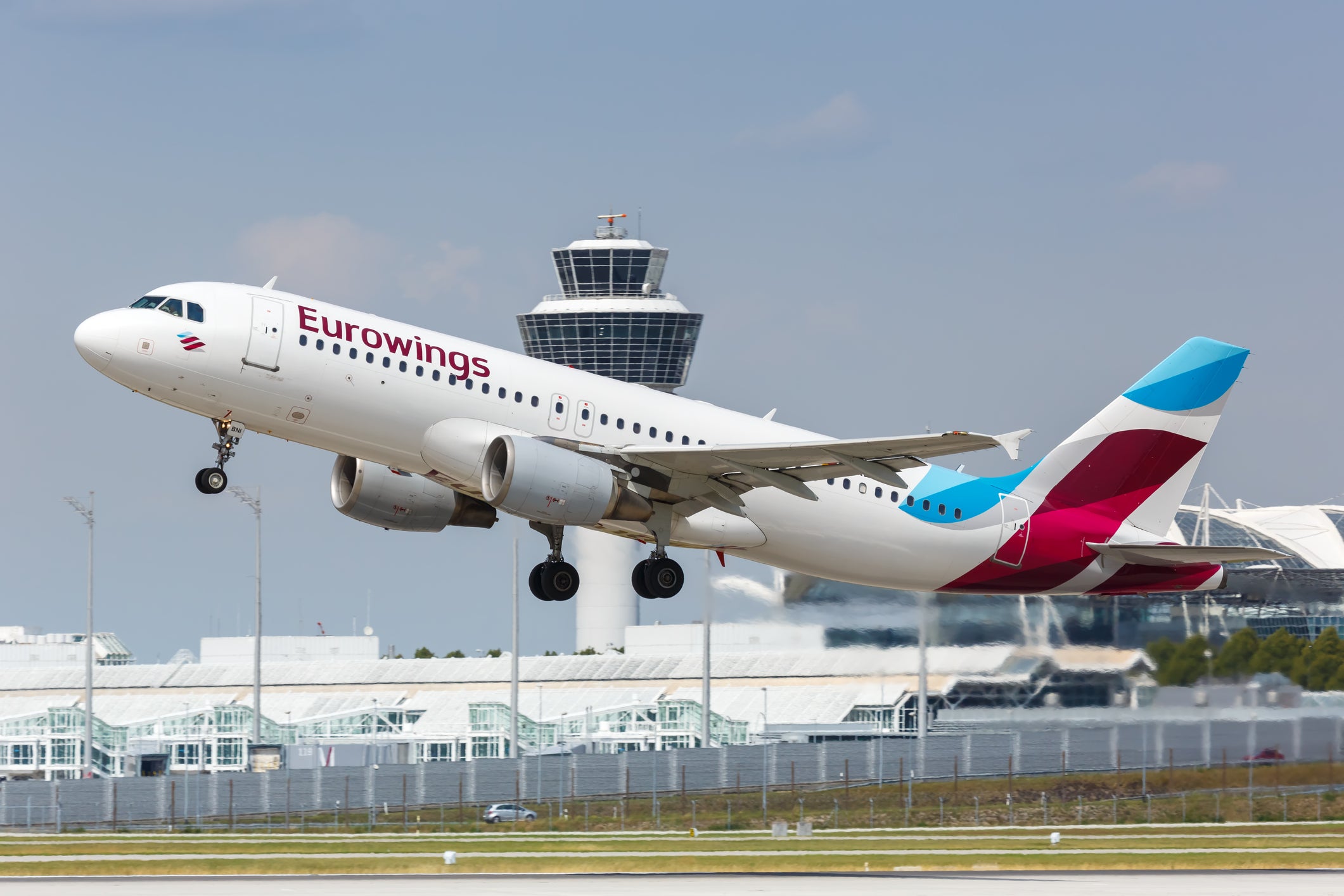Airline fined $225,000 after leaving passengers stranded on plane for over four hours
Passengers called 911 for assistance

Your support helps us to tell the story
From reproductive rights to climate change to Big Tech, The Independent is on the ground when the story is developing. Whether it's investigating the financials of Elon Musk's pro-Trump PAC or producing our latest documentary, 'The A Word', which shines a light on the American women fighting for reproductive rights, we know how important it is to parse out the facts from the messaging.
At such a critical moment in US history, we need reporters on the ground. Your donation allows us to keep sending journalists to speak to both sides of the story.
The Independent is trusted by Americans across the entire political spectrum. And unlike many other quality news outlets, we choose not to lock Americans out of our reporting and analysis with paywalls. We believe quality journalism should be available to everyone, paid for by those who can afford it.
Your support makes all the difference.An airline has this week been fined $225,000 after leaving passengers stranded on a plane for more than four hours following a flight in 2019.
Eurowings flight EW1182 from Dusseldorf to Miami was forced to divert to Fort Lauderdale after bad weather temporarily halted operations at Miami on 23 July 2019.
Once the plane had landed, it was sent to a remote part of the airfield where crew requested permission to deplane passengers and transport them to the main terminal building via buses, according to PYOK.
US Customs and Border Protection (CPB) would only allow passengers to deplane if their checked luggage could also be offloaded.
A lack of luggage handlers meant passengers were left onboard.
After several hours, luggage handlers became available to assist, but Eurowings crew decided to wait it out in the hope the journey could soon be resumed.
However, after three and a half hours onboard, crew were informed that Miami Airport was still closed due to adverse weather.
At this point, some of the 268 passengers decided to take drastic action, calling 911 (the emergency services number in the US) for assistance.
Around 50 minutes later, police arrived to help passengers deplane.
US laws require airlines that operate within the country to comply with restrictions on the amount of time a plane can sit on the tarmac.
For domestic flights, this time period is three hours, while international flights have a maximum of four hours before they must start deplaning passengers.
As a consequence of the delay, the Department of Transportation (DOT) made the decision to fine the low-cost carrier $225,000 (£190,125) for failing to deplane the passengers before they hit the four-hour mark.
In the official Consent Order outlining the incident, Eurowings states that it “firmly believes that the tarmac delay was caused by forces beyond its control and, although it believes that no civil penalties should apply, it is entering into this Consent Order to avoid the suggested possibility of escalated civil penalties.”
The document, served on 8 March 2023, orders Eurowings to “cease and desist from future similar violations”.
Eurowings, a subsidiary of the Lufthansa Group, is ordered to pay half of the fine within 30 days.
A spokesperson for Eurowings told The Independent: “We are very sorry that passengers on flight EW1182 on 23 July 2019 had to stay on the aircraft much longer than planned.
“At the same time, however, we are still of the opinion that we made full use of all the options available to us at the time in contact with the authorities and contacts in Fort Lauderdale in order to enable the transport of our passengers to their destination in Miami – not only on the part of the crew on site, but also in a coordinated interaction with our service providers and handling partners on site.
“Despite collective efforts, this did not succeed in the desired time frame. We had an intensive exchange with the US Department of Transportation (DOT) on these procedures and have now reached an agreement with the authority.”
Join our commenting forum
Join thought-provoking conversations, follow other Independent readers and see their replies
Comments